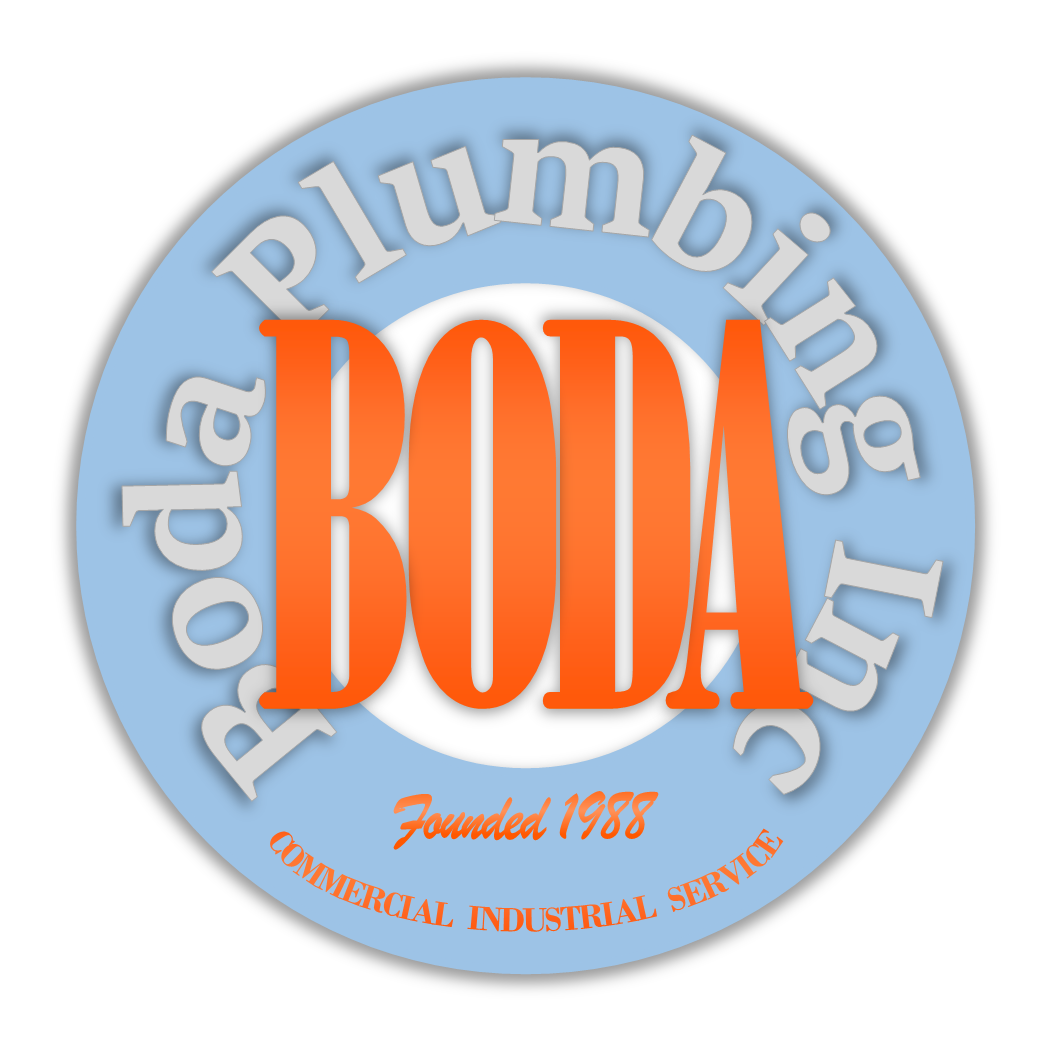Water Heaters 101: Everything you need to know
/A water heater is an essential part of every home, providing the comfort of hot showers, warm water for dishes, and sanitized laundry. Despite its critical role, it's often overlooked, just sitting there minding its own business and doing its job…until it doesn’t.
Today we want to do an overview of one of the most important appliances in the home, the water heater: the different types, average lifespan, common problems, and maintenance tips.
(You’ll notice we didn’t call it a hot water heater, because it doesn’t heat already hot water, it heats water)
Types of Water Heaters
Storage Tank Water Heater: The most common type, and the industry standard for ages, these heaters store and heat a large amount of water in an insulated tank for use when needed. They run on electricity, natural gas, or propane, and come in various sizes. They come in various sizes and efficiencies. Although they aren’t as efficient as tankless water heaters during the actual heating operations, they can provide limited amounts a hot water for handwashing or other small events without turning on due to the fact that they store water at a consistent hot temperature. We typically recommend them to customers with larger simultaneous hot water demands.
Tankless Water Heater: These units heat water on demand using high-powered burners, providing instant hot water without the need for a storage tank. They're more energy-efficient than tank models but have a higher initial cost. In addition to instant heating, they provide the added benefit of nearly limitless hot water during a given hot water need, this is attractive for homeowners with large soaking tubs.
Heat Pump Water Heater: Also known as hybrid water heaters, these models use heat from the air or ground to heat water, making them incredibly energy-efficient. They work best in warm climates. However, this incredible efficiency suffers during high demand events because if the heat pump can’t keep up with the hot water demand, these units have electrical elements that will kick in to overcome the load and heat water faster.
Solar Water Heater: Using solar panels installed on the roof, these systems capture sunlight to heat water. They're very efficient and eco-friendly but are dependent on sunlight availability. There are also different types of these setup, there are heat exchanger types that circulate a glycol based solution that transfers the heat to your water via a heat exchanger in the tank or direct tap water heating in the pipes through the solar panels.
Average Lifespan
On average, traditional tank water heaters last about 10 to 15 years, while tankless models can last up to 20 years or more, provided they're well maintained. Solar and heat pump water heaters also have a long lifespan, ranging from 10-20 years. Tank type water heaters require the least amount of maintenance whereas tankless water heaters require descaling services to keep the heat exchangers free from scale buildup, which causes a loss of efficiency and has the potential to degrade the exhaust piping on the unit if it was installed with PVC.
Common Problems
No Hot Water: Often due to a faulty thermostat or heating element in electric models, or a failing thermocouple or pilot light in gas models. There can be many other causes for this symptom that get more complex as well.
Insufficient Hot Water: This might indicate a tank that's too small for your needs, sediment buildup in the tank, or a faulty thermostat. This can also be a sign of a broken dip tube. The dip tube is on the cold water inlet side of the tank water heater and its function is to introduce the cold water to the bottom of the tank so that it pushes the hot water out of the top. If this tube breaks, cold water can then take the shortest path back up through the hot outlet, mixing with the hot water in the tank and showing up as this symptom.
Discolored or Foul-Smelling Water: Usually a sign of bacterial infection or rusty anode rod in the tank. Tanks that sit stagnant for long periods of time lose their concentration of chlorine in municipal water thus allowing for the potential of bacterial growth which can show up as a foul smell. The anode rod, which is a sacrificial metal rod that is installed inside the tank type water heater that attracts the detrimental effects of water on metal with a goal of protecting the tank from corrosion.
Leaking Tank: Can be caused by a number of issues, including a faulty temperature and pressure relief valve, a leaky inlet or outlet connection, or a corroded water tank. Leaks often show up as water in the pan and usually start slow, and if left unattended to, can result in a catastrophic failure of the tank.
Maintenance Tips
Annual Inspections: Have a professional plumber inspect your water heater at least once a year to catch any potential issues early.
Drain and Flush the Tank: At least once a year, drain and flush the tank to remove any sediment buildup which can affect efficiency and lifespan.
Test the T&P Valve: The temperature and pressure (T&P) relief valve should be tested annually to ensure it's working properly. This valve is a safety device that will relieve pressure on the tank if the pressure or temperature exceeds the working capacity of the tank.
Monitor the Anode Rod: The anode rod prevents your tank from rusting. It should be checked about every three years and replaced if it's heavily corroded.
Understanding your water heater can help you maintain it better and ensure it serves you well for years to come. If you encounter any issues or need professional assistance, don't hesitate to reach out to residential@bodaplumbing.com or call/text 704-516-9980. We're here to ensure you always have a reliable supply of hot water.

